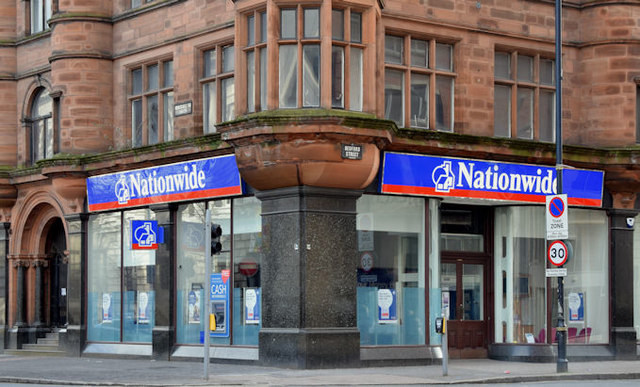HMRC is today reminding Self Assessment taxpayers that they can automatically defer their July payment on account, providing up to a £11.8bn cash flow boost to taxpayers.
Anyone who has difficulty paying their second 2019 to 2020 Self Assessment payment on account can take advantage of automatically deferring the payment until 31 January 2021. Around 2.7 million taxpayers are eligible for deferral.
The second Self Assessment payment on account for 2019 to 2020 is ordinarily due at the end of July, but the government previously announced it is supporting the self-employed and others by allowing them to defer this payment. This option to defer is on top of additional support for the self-employed through £7.8bn in grants paid through the Self Employment Income Support Scheme.
The payment on account deferral will give immediate support to businesses and individuals by keeping cash at their disposal during this extraordinary time of uncertainty.
Customers will not need to contact HMRC to defer their payment on account - they opt into the deferral by simply not paying their tax bill due by 31 July 2020. If no payment is received, HMRC will automatically update their systems to show payment has been deferred and no interest or penalties will be incurred, providing it is paid in full by 31 January 2021. The only action customers may need to take is to cancel their direct debit if they have one set up for their payments on account, HMRC said.
Angela MacDonald, HMRC’s director general of customer services, said: We want to support taxpayers as much as possible as they face uncertainty and difficult circumstances. That’s why we want to remind those who may struggle to pay a tax bill right now that they have the option to defer their Self Assessment payment.”
Latest News
-
Average UK house price surpasses £300k – Halifax
-
Bank of England holds base rate at 3.75%
-
Mortgage Advice Bureau acquires Dashly
-
Bridging loans fall to lowest average completion time in eight years
-
Regulators announce first six firms to join ‘Scale-Up Unit’
-
House prices recover month-on-month in January – Nationwide
Perenna and the long-term fixed mortgage market

Content editor, Dan McGrath, spoke to head of product, proposition and distribution at Perenna, John Davison, to explore the long-term fixed mortgage market, the role that Perenna plays in this sector and the impact of the recent Autumn Budget
The role of the bridging market and technology usage in the industry
Content editor, Dan McGrath, sat down with chief operating officer at Black & White Bridging, Damien Druce, and head of development finance at Empire Global Finance, Pete Williams, to explore the role of the bridging sector, the role of AI across the industry and how the property market has fared in the Labour Government’s first year in office.
NEW BUILD IN FOCUS - NEW EPISODE OF THE MORTGAGE INSIDER PODCAST, OUT NOW

Figures from the National House-Building Council saw Q1 2025 register a 36% increase in new homes built across the UK compared with the same period last year, representing a striking development for the first-time buyer market. But with the higher cost of building, ongoing planning challenges and new and changing regulations, how sustainable is this growth? And what does it mean for brokers?
Does the North-South divide still exist in the UK housing market?

What do the most expensive parts of the country reveal about shifting demand? And why is the Manchester housing market now outperforming many southern counterparts?
In this episode of the Barclays Mortgage Insider Podcast, host Phil Spencer is joined by Lucian Cook, Head of Research at Savills, and Ross Jones, founder of Home Financial and Evolve Commercial Finance, to explore how regional trends are redefining the UK housing, mortgage and buy-to-let markets.
In this episode of the Barclays Mortgage Insider Podcast, host Phil Spencer is joined by Lucian Cook, Head of Research at Savills, and Ross Jones, founder of Home Financial and Evolve Commercial Finance, to explore how regional trends are redefining the UK housing, mortgage and buy-to-let markets.
© 2019 Perspective Publishing Privacy & Cookies










Recent Stories